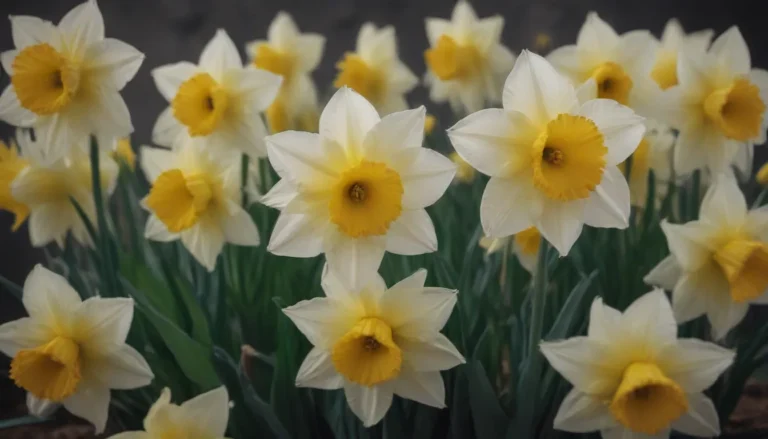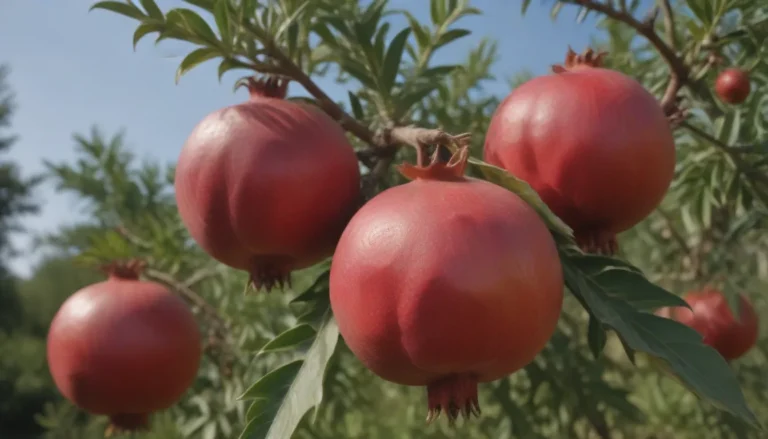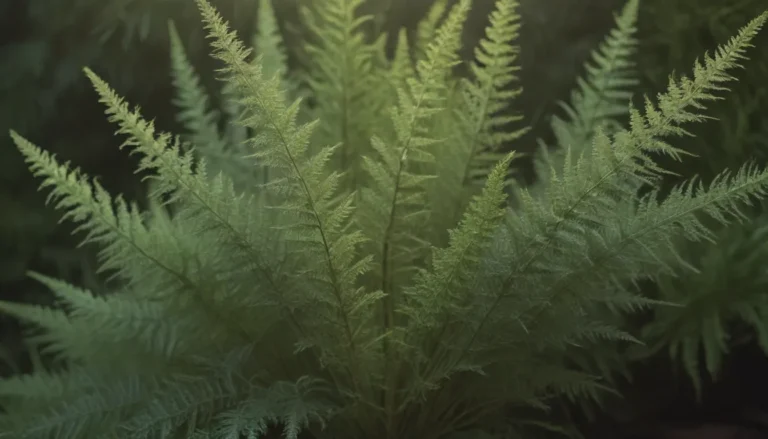The Ultimate Guide to Fertilizing Your Roses: Best Practices for Vibrant Blooms

When it comes to caring for your roses, fertilization is a crucial step in ensuring healthy and vibrant blooms. Choosing the right rose fertilizer is key to providing your plants with the nutrients they need to thrive. With various types of fertilizers available, including organic and inorganic options, it’s important to understand how and when to fertilize your roses to keep them blooming all season long. In this comprehensive guide, we will cover everything you need to know about fertilizing your roses.
Test Your Soil
Before fertilizing your roses, it’s essential to test your soil to determine if it’s suitable for growing roses. A soil test will not only provide valuable information on the pH level of your soil but also help you identify any nutrient deficiencies that need to be addressed. Roses prefer neutral to slightly acidic soil with a pH of 5.5 to 6.5. If your soil is too acidic or alkaline, you may need to adjust the pH by adding amendments such as limestone.
Nutrients in Rose Fertilizer
Rose fertilizers contain essential nutrients that are necessary for healthy plant growth. Some common nutrients found in rose fertilizer include:
- Nitrogen (N): Promotes leafy growth and overall plant vigor.
- Phosphorus (P): Supports root development and flower production.
- Potassium (K): Aids in disease resistance and overall plant health.
- Micronutrients: Essential trace elements such as iron, zinc, and manganese that are required in small quantities for optimal plant growth.
How and When to Fertilize Roses
The timing and method of fertilizing your roses will vary depending on the type of rose and the length of its growing season. Keeping track of when you fertilize your roses using a calendar or task reminder app can help ensure consistent feeding throughout the growing season. Here are some guidelines to help you fertilize your roses effectively:
Newly Planted Roses
- Avoid using full-strength fertilizers on newly planted rose bushes to prevent plant stress.
- Newly planted roses may benefit from a phosphorus-rich fertilizer to promote healthy root development.
Established Roses
- Established roses may require a fertilizer with a high nitrogen content to support vigorous growth and blooming.
- Container roses may need more frequent fertilization due to the limited soil volume.
Types of Rose Fertilizer
There are two primary types of rose fertilizers: organic and inorganic. Each type has its own advantages and considerations when it comes to feeding your roses.
Organic Rose Fertilizers
Organic rose fertilizers are derived from natural sources and provide a slow-release of nutrients over an extended period. Some common organic fertilizers for roses include:
- Aged or composted manure: Rich in nitrogen, phosphorus, and potassium, aged manure can be worked into the soil to enrich it.
- Bone meal: Adds phosphorus to the soil, essential for flower production.
- Dried blood meal: A good source of nitrogen that can be applied around each plant.
- Liquid fish fertilizer: Provides a fast-release of nitrogen and other nutrients when diluted in water.
Tip: Epsom salt can be used as a magnesium supplement for roses, but only if a soil test indicates a deficiency.
Inorganic Rose Fertilizers
Inorganic rose fertilizers are concentrated sources of nutrients that are readily available to plants. Specialized rose fertilizers with a high phosphorus content are available, but general complete fertilizers with a balanced N-P-K ratio can also be used effectively. When using inorganic fertilizers, follow these tips:
- Apply fertilizer thinly and evenly around the plant to avoid burning.
- Water the plants well after fertilizing to distribute the nutrients in the soil.
Tips for Fertilizing Roses
Fertilizing your roses requires attention to detail and understanding of your plant’s specific needs. Here are some tips to help you fertilize your roses effectively:
- Consider the type of rose and its growing season when selecting a fertilizer.
- Monitor the bloom times of your roses to determine when they need to be fertilized.
- Avoid over-fertilizing, as excessive nutrients can cause salt burn and harm the plant.
- Coffee grounds can be beneficial for roses due to their antioxidant and antimicrobial properties, but use them in moderation.
By following these tips and guidelines, you can ensure that your roses receive the nutrients they need to thrive and produce beautiful blooms throughout the growing season. Happy gardening!
Sources:
– Roses: Care After Planting, University of Missouri
– When and How to Fertilize, Marin Rose Society
– Quick Guide to Fertilizing Plants, University of Minnesota Extension





